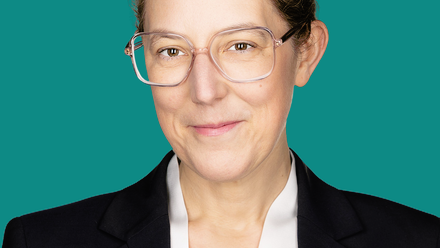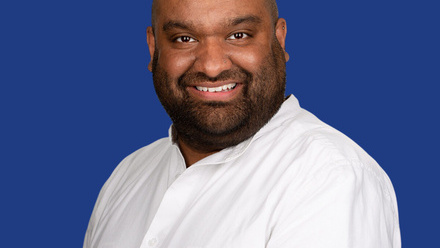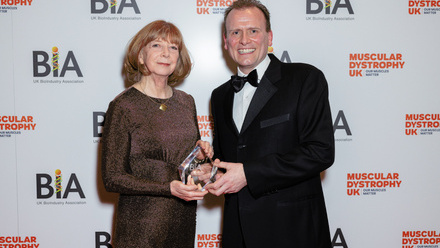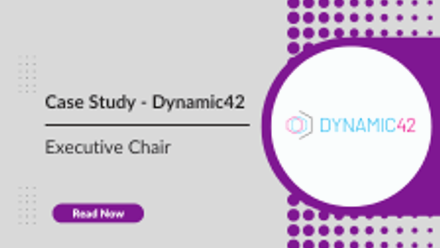How getting malaria as a child shaped my life and gave purpose to my career

From a childhood experience battling malaria in North Yemen to leading Scotland’s largest vaccine producer, Valneva, Greig Rooney’s journey has been deeply rooted in the desire to prevent disease and save lives.
His early encounter with a life-threatening illness has fueled a lifelong passion for advancing global health, ensuring that no one suffers from vaccine-preventable diseases.
As the Managing Director of Scotland’s largest vaccine producer, Valneva, I am immensely proud to work in an industry which saves lives and prevents disease. I can track my drive to work in life sciences to one moment from my childhood, when I was around seven years old.
I spent the early part of my life in what was then known as North Yemen, now part of Yemen. At the time, in the late 70s, it was one of the poorest countries in the world, isolated and underdeveloped.
My father moved our family to North Yemen to be the Chief Engineer at Yemen Dairy. We lived onsite in a wooden chalet on the Tihamah plain, a few kilometres away from Hodeidah on the Red Sea. The dairy was of huge importance as it manufactured UHT milk which was distributed across the country, including for remote and mountainous villages run by local elders.
I can remember going on trips with my dad to take the milk to some of these villages where several locals had never seen a white Scottish boy like me before. Although things were tough, people were happy and we were lucky enough to have running water and electricity from the dairy generators at our chalet.
However, the threat of mosquito-borne viruses was acute - and still is for hundreds of millions of people around the world today. When I was around six or seven, I came down with a very severe fever. I can remember feeling very ill and my extremely high temperature was worsened by the intense heat of the Arabian Peninsula.
I was lucky that my father was now the General Manager of the dairy and was able to have a steady source of ice from the factory to keep my temperature down. He was also able to track down a doctor who came to examine me. He confirmed my father’s fears that it was Malaria - something that hundreds of millions of people still suffer from every year.
Taking me to hospital was not an option. The local hospital in Hodeidah was rat-infested and without air conditioning, creating greater risk that I could catch something much worse there. The doctor was able to prescribe me a small supply of antibiotics and recommended we continue the treatment with the ice supply from the dairy. It took four days for me to show any signs of recovery, and a further month before I was back to normal. I consider myself to be very lucky as the situation could have easily gone in a different direction, especially without the privileged connections from my father’s job. That experience has stayed with me all my life and inspired me to pursue a career in an industry that is helping others who face similar life-threatening situations.
Sadly, the reality is that even today hundreds of thousands of people still die from Malaria and over half of the world’s population is at risk of infection. Many millions of people do not have adequate access to the basic healthcare that I received a few decades ago for Malaria and many other mosquito-borne viruses. As one of the founding members of the Scottish Patient Awareness Committee, I know first-hand the number of Scottish life science companies that share a common patient-focused purpose that could help save millions of lives around the world. Indeed, at Valneva we are contributing to a world in which no one dies or suffers from vaccine-preventable diseases. Now that is something worth getting out of bed for.







